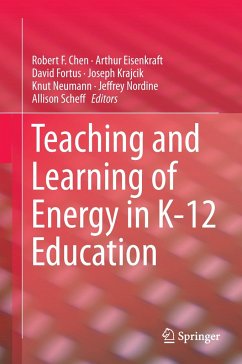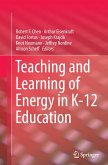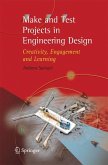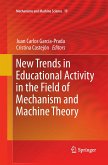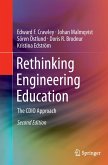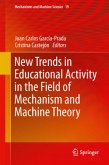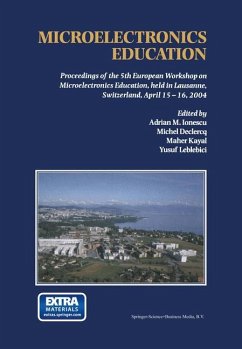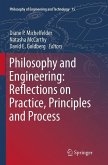This volume presents current thoughts, research, and findings that were presented at a summit focusing on energy as a cross-cutting concept in education, involving scientists, science education researchers and science educators from across the world. The chapters cover four key questions: what should students know about energy, what can we learn from research on teaching and learning about energy, what are the challenges we are currently facing in teaching students this knowledge, and what needs be done to meet these challenges in the future?
Energy is one of the most important ideas in all of science and it is useful for predicting and explaining phenomena within every scientific discipline. The challenge for teachers is to respond to recent policies requiring them to teach not only about energy as a disciplinary idea but also about energy as an analytical framework that cuts across disciplines. Teaching energy as a crosscutting concept can equip a new generation of scientistsand engineers to think about the latest cross-disciplinary problems, and it requires a new approach to the idea of energy.
This book examines the latest challenges of K-12 teaching about energy, including how a comprehensive understanding of energy can be developed. The authors present innovative strategies for learning and teaching about energy, revealing overlapping and diverging views from scientists and science educators. The reader will discover investigations into the learning progression of energy, how understanding of energy can be examined, and proposals for future directions for work in this arena.
Science teachers and educators, science education researchers and scientists themselves will all find the discussions and research presented in this book engaging and informative.
Energy is one of the most important ideas in all of science and it is useful for predicting and explaining phenomena within every scientific discipline. The challenge for teachers is to respond to recent policies requiring them to teach not only about energy as a disciplinary idea but also about energy as an analytical framework that cuts across disciplines. Teaching energy as a crosscutting concept can equip a new generation of scientistsand engineers to think about the latest cross-disciplinary problems, and it requires a new approach to the idea of energy.
This book examines the latest challenges of K-12 teaching about energy, including how a comprehensive understanding of energy can be developed. The authors present innovative strategies for learning and teaching about energy, revealing overlapping and diverging views from scientists and science educators. The reader will discover investigations into the learning progression of energy, how understanding of energy can be examined, and proposals for future directions for work in this arena.
Science teachers and educators, science education researchers and scientists themselves will all find the discussions and research presented in this book engaging and informative.
"This collective work makes a significant contribution to further enrichment of the already massive bibliography concerning the issue of energy teaching and the systematic investigation of the epistemological, learning and teaching dimensions. In the final chapter of the book, the editors recommend future research directions, many of which have already been launched since decades. I would like to wish the readers of the book to have a pleasant reading ... ." (Dimitris Koliopoulos, Science and Education, Vol. 25, 2016)

